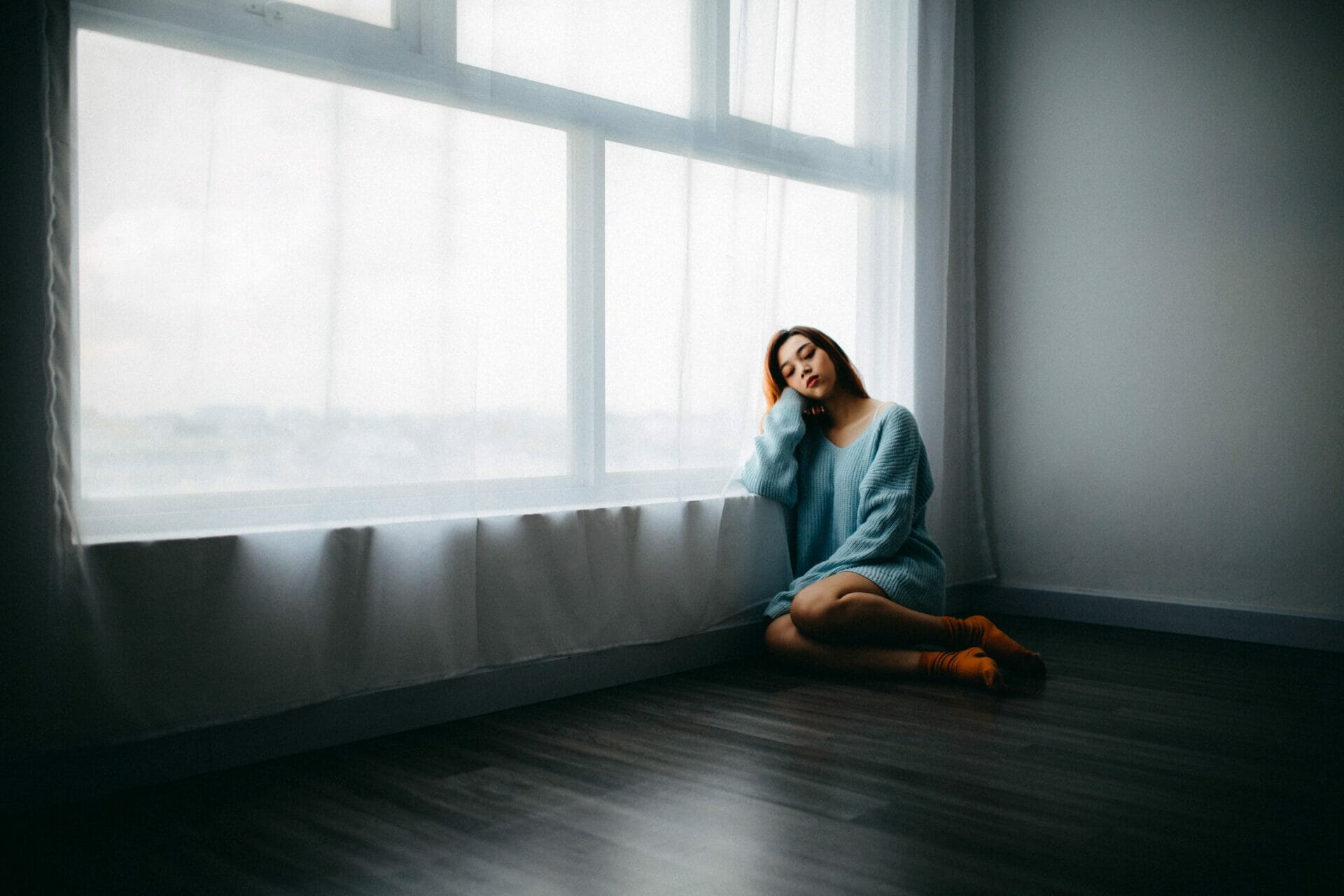Introduction to Rhodiola Rosea
Rhodiola rosea, also known as golden root, is an adaptogen herb that has been used for centuries in traditional Chinese medicine. It is believed to have a variety of therapeutic effects, including reducing mental and physical fatigue, improving mental performance, and increasing mental work capacity. A systematic review of randomized clinical trials has been conducted to assess the effects of Rhodiola rosea extract on mental and physical fatigue. The review found that Rhodiola rosea extract (SHR-5) was effective in reducing mental and physical fatigue, as well as improving mental performance.
In addition, a placebo-controlled pilot study of the standardized extract of Rhodiola rosea (SHR-5) found that it had a stimulating and adaptogenic effect on the fatigue of students caused by mental work. Furthermore, a parallel-group study of the standardized extract of Rhodiola rosea (SHR-5) found that it had a positive effect on mental and physical performance, as well as a reduction in fatigue symptoms. These findings suggest that Rhodiola rosea extract may be a safe and effective natural health product for reducing mental and physical fatigue, and improving mental performance.
Benefits of Rhodiola Rosea
Rhodiola rosea is a plant that has been used for centuries to treat physical and mental fatigue. It has been studied extensively in recent years, with clinical studies showing that it can be beneficial for mental and physical fatigue. In a randomized controlled trial, participants were given either a placebo or a daily dose of 200 mg of a standardized extract of Rhodiola rosea for mental and physical fatigue.

The results showed that the Rhodiola rosea group experienced significantly less mental fatigue than the placebo group. In addition, studies have shown that Rhodiola rosea can be effective in treating stress-related fatigue.
In one study, a pilot study of the standardized Rhodiola rosea shr-5 extract was used to assess the effects of Rhodiola rosea supplementation on mental and physical performance.
The results showed that the Rhodiola rosea group experienced significantly less mental fatigue than the placebo group, and also significantly improved their physical and mental performance throughout the trial. Furthermore, a parallel-group study of the standardized Rhodiola rosea shr-5 extract showed that it had a positive effect on fatigue in healthy populations. These studies suggest that Rhodiola rosea can be used in clinical practice to improve symptoms of fatigue, depression, and stress-related fatigue.
Rhodiola Rosea as an Adaptogen
Rhodiola rosea, commonly known as roseroot, is an adaptogen that has been used for centuries to help people cope with physical and mental stress. It is a perennial flowering plant that is native to the Arctic regions of Europe and Asia and is known for its bright yellow flowers. The roots of the plant contain active compounds such as salidroside, rosavins, and rosavin, which are believed to have a positive effect on the central nervous system. Studies have shown that the efficacy of rhodiola rosea is comparable to that of ginseng, and it is becoming increasingly popular in public health.
A study of the standardised extract of rhodiola rosea was conducted to assess its effectiveness and efficacy in the treatment of symptoms of depression. The study involved a parallel-group study of the standardised extract and a pilot study of the stimulating effect of the SHR-5 extract on the fatigue of study participants involved in shift work. The results showed that there were no main effects of the SHR-5 extract on the fatigue, but the study participants treated with rhodiola rosea showed a significant improvement in mental and physical health-related quality of life. Furthermore, the study also showed that rhodiola rosea has been used to improve the symptoms of depression and chronic fatigue symptoms. The safety of the study medication was also assessed using the SF-36 health survey and the generic health-related quality of life instrument. The results showed that there were no adverse effects of rhodiola rosea on the central nervous system. Therefore, the study concluded that rhodiola rosea is a safe and effective treatment for stressor-related fatigue and mental health issues.
Dosage Considerations
Dosage considerations for Rhodiola rosea are important for physical and mental health. This species of plant has been used for centuries to treat a variety of ailments, and its roots have been used to treat stressors and improve public health. Studies have been conducted to assess the effectiveness and efficacy of Rhodiola rosea in the treatment of physical and mental conditions, and controlled clinical trials have been conducted to assess the effects of Rhodiola rosea on mental and physiological effects.
The safety of Rhodiola rosea has been studied in a variety of controlled studies, and the results of Ishaque et al. (2012) showed that the Rhodiola group experienced an improvement in general health perceptions, physical and emotional well-being, and improvement of mental fatigue. Additionally, a visual analogue scale for fatigue was used to measure the efficacy of Rhodiola rosea, and the study due to its positive results concluded that Rhodiola rosea is a safe and effective treatment for physical and mental fatigue.
Side Effects of Rhodiola Rosea
The roots of Rhodiola rosea L. have been used for centuries to treat physical and mental ailments.
Whether Rhodiola rosea L. is effective in treating these ailments is still up for debate, but there are some known side effects of this species of Rhodiola. The most common side effects are related to the central nervous system, such as headaches, dizziness, and insomnia.
Additionally, some people have reported feeling anxious or irritable after taking Rhodiola rosea L. The efficacy of Rhodiola rosea L. is still being studied, and more research is needed to determine the full range of physiological effects.
However, it is important to be aware of the potential side effects of this plant, especially if you are considering taking it for any medical condition. It is also important to consult with your doctor before taking Rhodiola rosea L. to ensure that it is safe for you and to determine whether it is the right treatment for you.
Conclusion
The effects of Rhodiola species on physical and mental health have been studied extensively. Rhodiola species are known to have a wide range of effects on the central nervous system, including improved cognitive performance, increased energy levels, and improved mood. Studies have also shown that Rhodiola species can reduce stress and anxiety, improve sleep quality, and reduce fatigue. Additionally, Rhodiola species have been found to have anti-inflammatory and antioxidant properties, which can help protect against disease.
Overall, Rhodiola rosea has been found to have a wide range of positive effects on physical and mental health. It has been shown to improve cognitive performance, increase energy levels, reduce stress and anxiety, improve sleep quality, and reduce fatigue. Additionally, Rhodiola rosea has anti-inflammatory and antioxidant properties, which can help protect against disease. Therefore, Rhodiola rosea may be a beneficial supplement for those looking to improve their physical and mental health.

FAQ’s:
Q1. Is Rhodiola rosea safe for physical and mental health?
A1. Yes, Rhodiola rosea is generally considered safe for physical and mental health.
Q2. What species of Rhodiola is used for medicinal purposes?
A2. Rhodiola rosea is the species of Rhodiola used for medicinal purposes.
Q3. What are the effects of Rhodiola on the central nervous system?
A3. Rhodiola has been shown to have positive effects on the central nervous system, including improved cognitive performance and reduced fatigue.
Q4. What are the effects of Rhodiola rosea?
A4. Rhodiola rosea has been shown to have a range of beneficial effects, including improved cognitive performance, reduced fatigue, and improved mood.
Q5. Is Rhodiola rosea safe to take?
A5. Yes, Rhodiola rosea is generally considered safe to take. However, it is important to consult with a healthcare professional before taking any supplement.
Q6. What are the potential side effects of Rhodiola rosea?
A6. The potential side effects of Rhodiola rosea include nausea, headache, and insomnia.
Q7. Is Rhodiola rosea effective for treating depression?
A7. Studies have shown that Rhodiola rosea may be effective for treating mild to moderate depression. However, it is important to consult with a healthcare professional before taking any supplement.




 Aging Gracefully With Rhodiola Rosea
Aging Gracefully With Rhodiola Rosea
